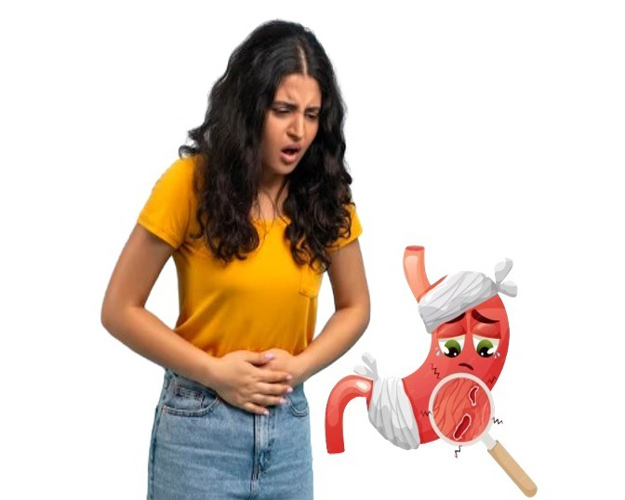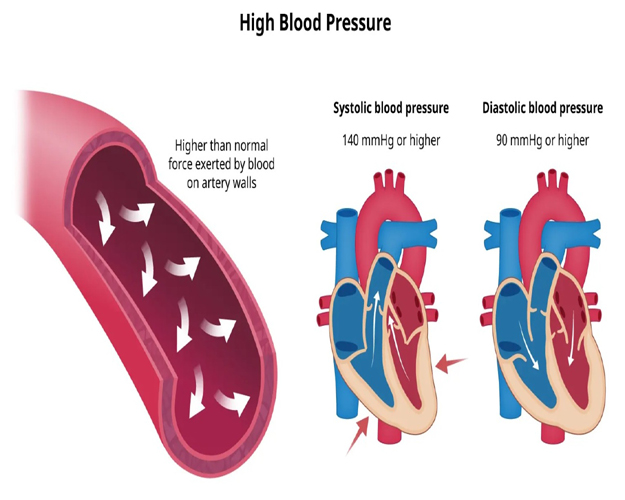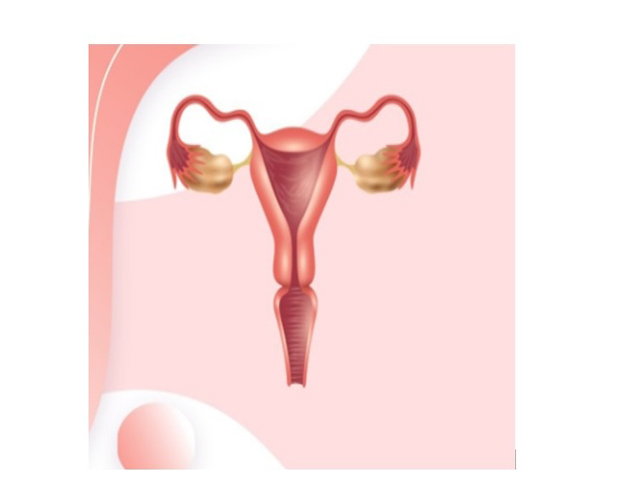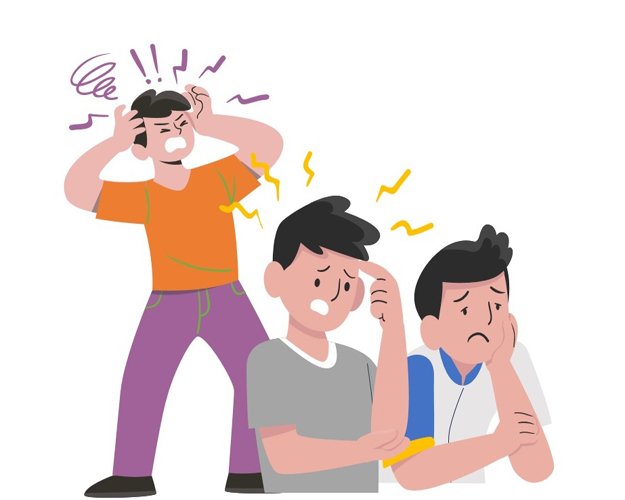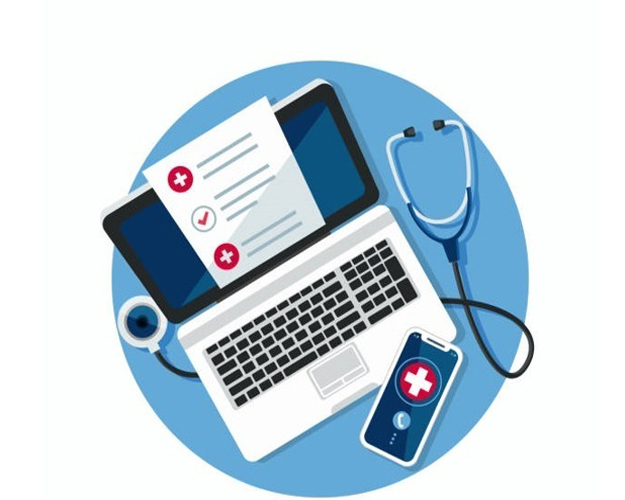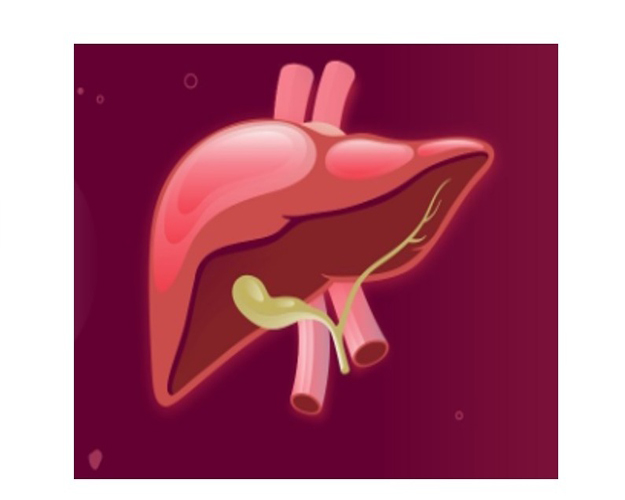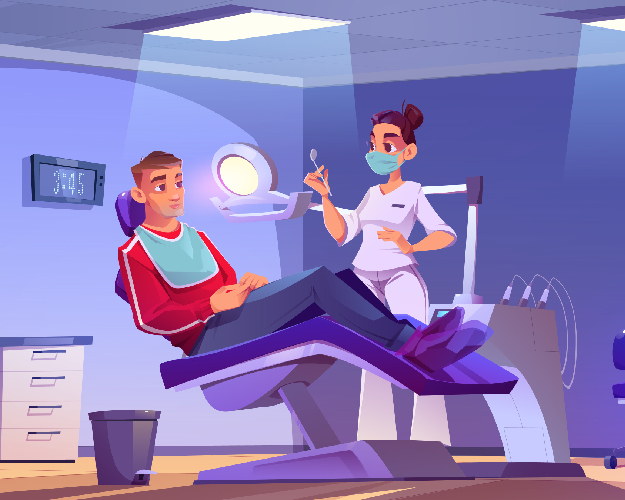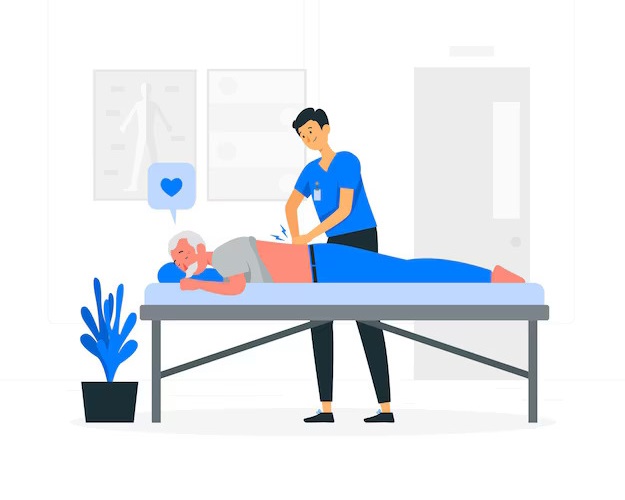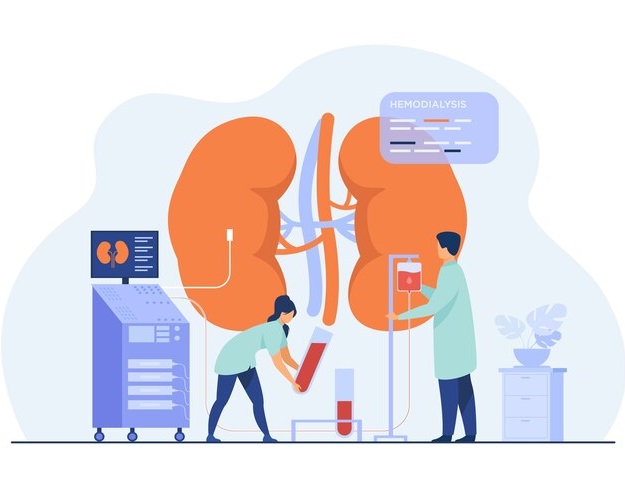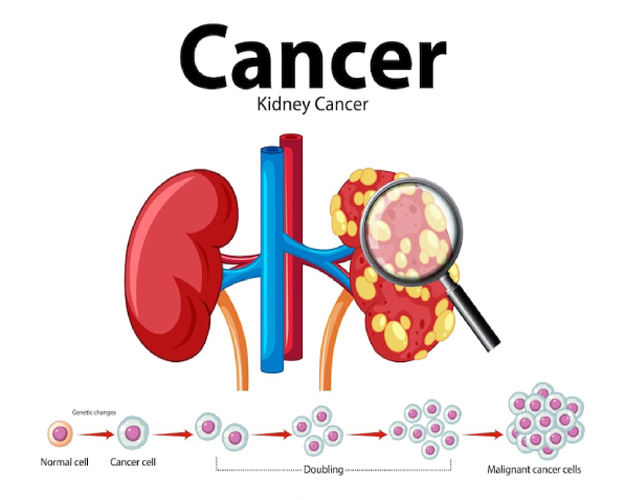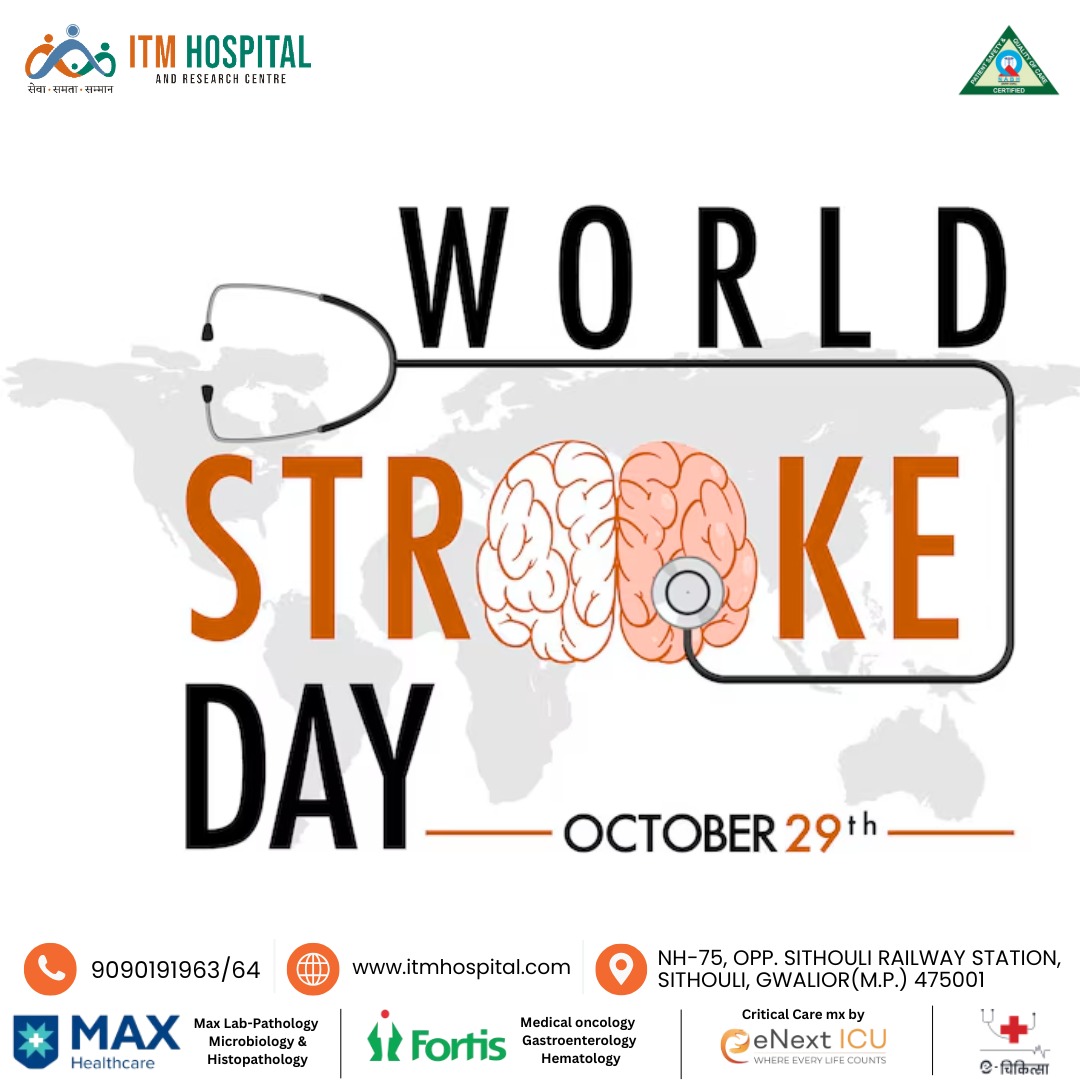
World Stroke Day 2025 – Act Fast, Save Lives
Every year, World Stroke Day is observed on 29th October to raise awareness about one of the leading causes of disability and death worldwide—stroke. Despite being largely preventable and treatable, strokes continue to affect millions of lives due to lack of timely recognition and response. On this World Stroke Day, ITM Hospital & Research Centre, Gwalior joins the global movement to spread awareness, promote preventive healthcare, and emphasize the importance of early intervention in saving lives.
Understanding Stroke: A Medical Emergency
A stroke occurs when the blood flow to a part of the brain is interrupted or reduced, depriving brain tissue of oxygen and nutrients. Within minutes, brain cells begin to die. There are mainly two types of stroke:
1. Ischemic Stroke: Caused by a blockage or clot in an artery supplying blood to the brain.
2. Hemorrhagic Stroke: Caused by bleeding in or around the brain due to a ruptured blood vessel.
A third condition, known as a Transient Ischemic Attack (TIA) or “mini-stroke,” involves temporary symptoms that mimic a stroke but resolve quickly. However, a TIA is a serious warning sign of an impending major stroke.
Recognizing the Warning Signs – The FAST Approach
Timely recognition and response are critical. A simple way to remember the symptoms is the FAST acronym:
1. F – Face Drooping: One side of the face may droop or feel numb. Ask the person to smile and observe if it’s uneven.
2. A – Arm Weakness: One arm may feel weak or drift downward when both are raised.
3. S – Speech Difficulty: Slurred or strange speech may indicate a stroke.
4. T – Time to Act: If any of these symptoms appear, rush the person to a hospital immediately.
Every second counts. Quick medical response can minimize brain damage and significantly improve recovery outcomes.
Key Risk Factors
While stroke can affect anyone, certain risk factors increase its likelihood:
1. High blood pressure (Hypertension)
2. Diabetes mellitus
3. High cholesterol levels
4. Smoking and alcohol consumption
5. Obesity and physical inactivity
6. Heart diseases like atrial fibrillation
7. Stress and unhealthy diet habits
Understanding and managing these risk factors through lifestyle modification and regular health checkups can drastically reduce the risk of stroke.
Prevention is the Best Cure
Preventing a stroke begins with healthy living and routine screening. Here are some evidence-based preventive measures:
1. Maintain healthy blood pressure through diet, exercise, and medication if required.
2. Adopt a balanced diet rich in fruits, vegetables, and whole grains while limiting salt and saturated fats.
3. Stay physically active for at least 30 minutes most days of the week.
4. Quit smoking and limit alcohol intake.
5. Monitor blood sugar and cholesterol regularly.
6. Manage stress through mindfulness, yoga, or relaxation techniques.
At ITM Hospital & Research Centre, our preventive health programs and regular check-up packages are designed to help individuals detect early risk factors and take proactive measures before a stroke occurs.
Advanced Stroke Care at ITM Hospital & Research Centre, Gwalior
As a leading tertiary healthcare institution, ITM Hospital & Research Centre is equipped with advanced diagnostic and treatment facilities for comprehensive stroke management. Our team of expert neurologists, neurosurgeons, radiologists, and rehabilitation specialists work in coordination to ensure timely and effective treatment.
Our hospital offers:
1. 24x7 Emergency and Critical Care Services
2. Advanced Neuroimaging (CT, MRI, and Angiography)
3. Dedicated Stroke Response Team
4. Rehabilitation and Physiotherapy Support
5. Preventive Health Screening Programs
We emphasize the “Golden Hour Principle”—the first 60 minutes after a stroke is crucial for minimizing brain damage and improving survival chances. At ITM Hospital, our trained emergency and neurology teams ensure immediate diagnosis and intervention for stroke patients.
Rebuilding Life After Stroke
Recovery after stroke is a journey that requires medical, emotional, and physical support. Our Rehabilitation Department focuses on restoring mobility, speech, and independence through personalized physiotherapy and occupational therapy plans. Family education and counseling are integral to ensuring holistic recovery and long-term well-being.
A Call to Action
On this World Stroke Day, ITM Hospital & Research Centre, Gwalior, urges everyone to be aware, act fast, and spread the message—“Stroke is treatable if recognized on time.” Early recognition, preventive care, and immediate hospital response can make the difference between life and lifelong disability.
Together, let’s take a pledge to:
1. Know the warning signs.
2. Manage our health responsibly.
3. Help others in need without delay.
Because when it comes to stroke—time lost is brain lost.
ITM Hospital & Research Centre, Gwalior
Committed to Compassionate Care, Advanced Medicine, and Community Well-being.
